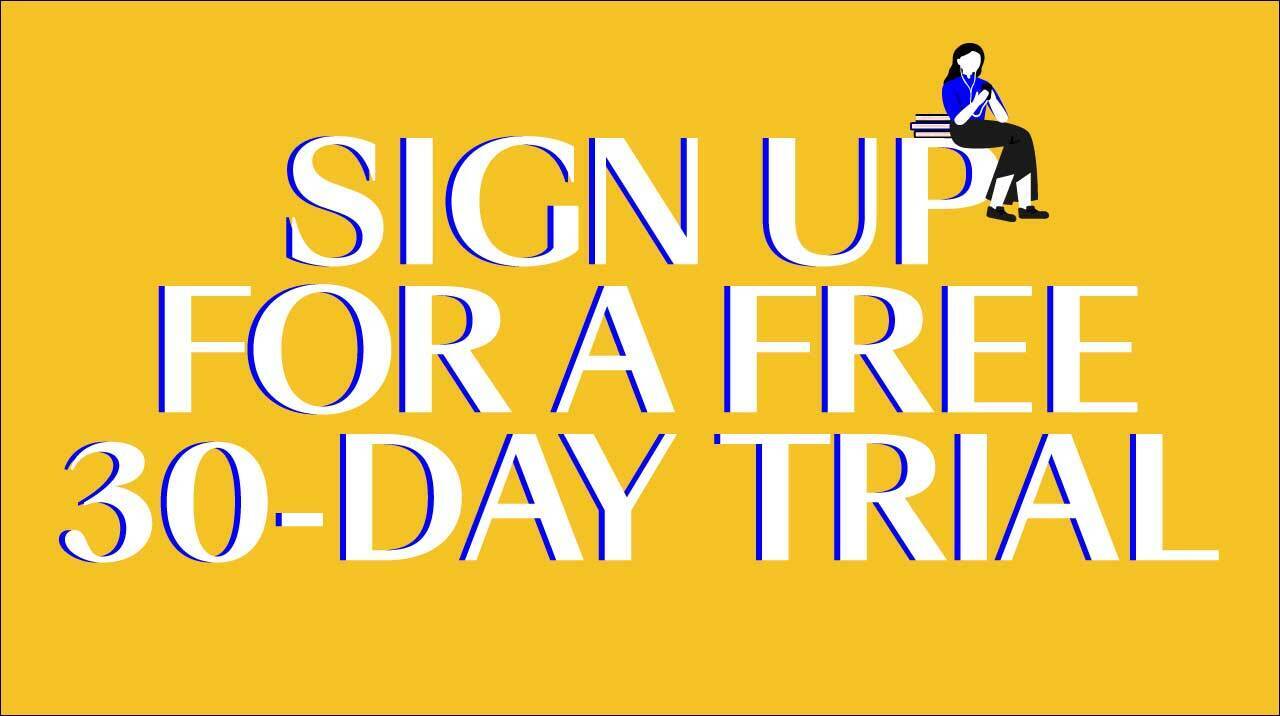Growing up, these slogans nagged at us at every milestone. When we finish school, go to university, change jobs or … live through a pandemic, we’re told to one-up for the competitive future.
I used to think improving myself started with making vapid resolutions at the start of every year, only to watch them crumble a few mere weeks later. Eventually, I made a resolution to never make a resolution again (thank god, I know), and I promised myself that any changes I would make in life would be evaluated, tracked and reflected on.
That’s how I got into self development books, also known as self help books. “Rather than ‘self-help,’ I like to call them ‘self-development,’” said Karyen Chai, psychologist and Communications Chair at the Singapore Psychological Society.
“‘Self-help’ has the connotation of problems that need to be solved, assuming a perfect ideal to be achieved. On the other hand, self-development embraces acceptance and encourages growth.”
These books are the modern day gurus that promise to transform us into faster, more focused, and more successful versions of ourselves. Beyond performance, they offer us tools for dealing with mental health struggles, toxic relationships, crappy bosses and unsupportive family. There’s really something there for everyone.
For me, it all started when I needed to figure out what to do after university. Mark Manson’s The Subtle Art Of Not Giving A F*ck was the obvious choice, since everyone was posting about it online. It was palatable, entertaining, but also hard hitting. It pushed me to question my values, to become indifferent to being different, and to only give a f*ck about what’s f*ck worthy.
But picking a self-development book is no easy task. The US$10-billion self-development industry churns out books like toys in a factory, diluting the market with more options than any individual could pick from.
So to help you cut through the noise, I spoke to Karyen Chai for an expert’s take on what self development books are actually worth it.
“In this list of recommendations, we have comics, podcast-like audio, daily practice guide, and more deeply reflective books,” Chai said. “Whether you are looking for a quick flip, or a weekend plan, a daily guide or something meaningful to fill the time while getting ready for the day, I have something for everyone.”
If You’re Delving Into Self Development For The First Time
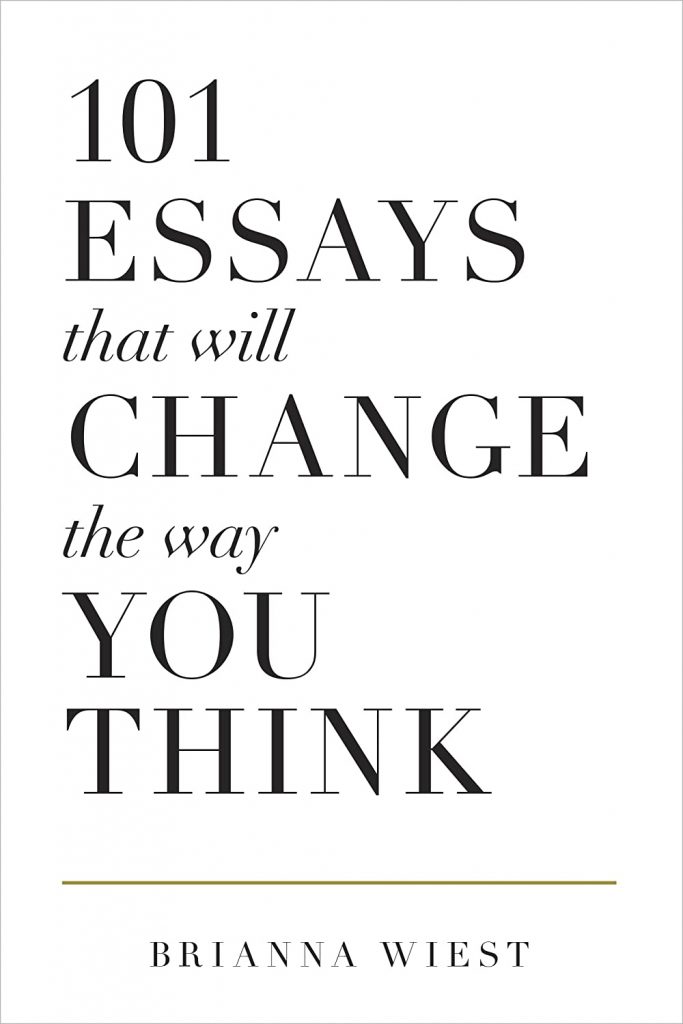
Jumping into the self development genre for the first time can be a little overwhelming—if you’ve ever walked through the dedicated aisle in a bookstore, you know what I mean. It’s like suddenly you’re reminded of all the things you suck at in life, and only endless hours of reading will get you out.
But that’s not necessarily the case. If you’re looking to just dip your toes and get a general sense of what self development is all about, then Chai recommends 101 Essays That Will Change The Way You Think by Brianna Wiest. Especially if you prefer to consume your media diet while travelling or multitasking, this audio book is the one to go as each essay lasts about 5-10 minutes.
Open yourself to new ideas, because that is the first step in changing and improving your mindset. For this, Chai told me about the importance of exposing ourselves to different ways of thinking.
“With essays like ‘10 things emotionally intelligent things people do not do,’ ‘the power of routines,’ ‘uncomfortable feelings that indicate that you’re on the right path’ and ‘breaking your upper limit,’ it feels like essences of many self-development books in easily accessible format,” Chai said.
Let Go Of Unrealistic Ideals Of Happiness
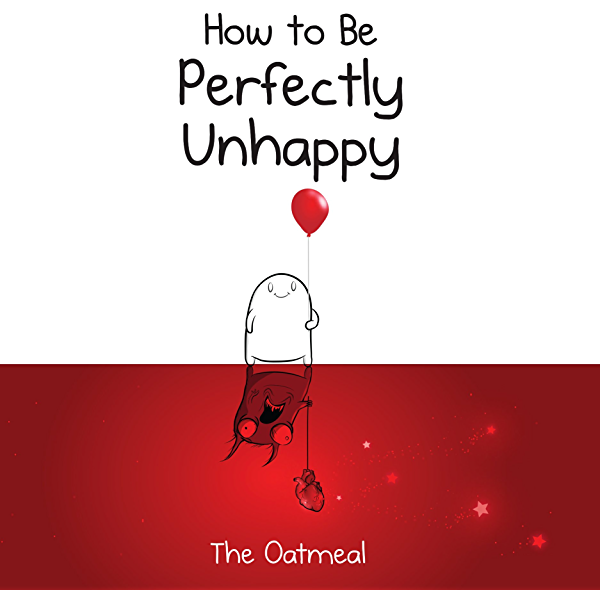
If you’re ready to read, learn and make meaningful changes in your life, it may be because you are on the search for happiness. But one of the biggest lessons Chai encourages her clients to embrace is that “reality isn’t constantly filled with happiness.”
“We’re not often on the extreme end of the positivity spectrum—and that is okay.”
Chai told me that many of her clients come in expecting to find absolute happiness, and in doing so they set themselves up for failure. While there is nothing wrong with it, it can become toxic if they beat themselves up every time they face a struggle that keeps them away from their goal.
“This obsession with happiness can lead to more unhappiness, or maladaptive behaviours to control their environment to create ‘happiness,’” she said.
How to Be Perfectly Unhappy by The Oatmeal, Matthew Inman is all about accepting your entire range of emotions, because only then can we be comfortable enough to be truly happy. Chai recommends this book to guide you through the journey of finding activities that bring you joy, and that will help you let go of the pressures to be ‘emotionally perfect’ all the time.
Accept That Your Imperfections Don’t Define You
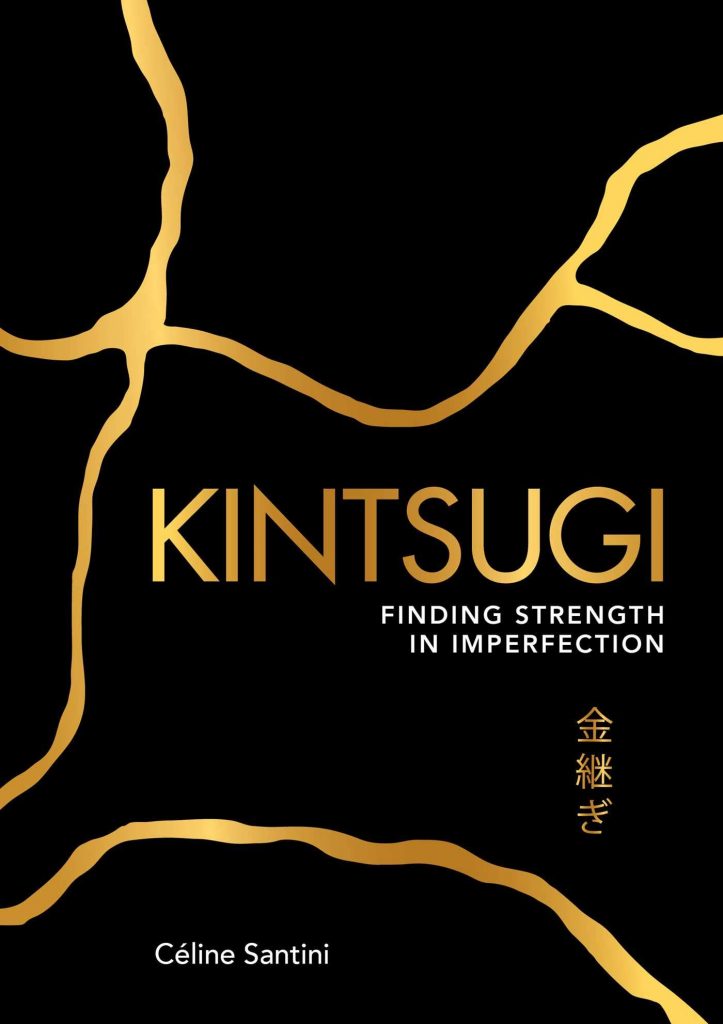
Like finding happiness is not about being happy all the time, loving yourself is not about being perfect. We all have our flaws and challenges, so in no way should anyone feel like these make them less worthy of a person, or of finding love and success.
A great concept that embodies this is Kintsugi. Kintsugi is the Japanese art of repairing broken pottery with lacquer mixed with powder gold, silver, or platinum, resulting in a product that is more beautiful than a perfect piece.
“Sometimes, a problem is a matter of perception. I use the concept of Kintsugi to help some clients understand that their experiences make them unique and stronger,” said Chai.
Finding yourself is not about finding only the best parts of you, but should include an element of self-love and self-acceptance, and for this, Chai recommends Kintsugi: Finding Strength in imperfection by Celine Santini.
This book will not only help you embrace your imperfections, but it will teach how to overcome past traumas and struggles. And if you prefer an interactive book format, Kintsugi: Finding Strength in imperfection hosts writing exercises to keep you engaged throughout.
Implement What You Learn In Daily Life
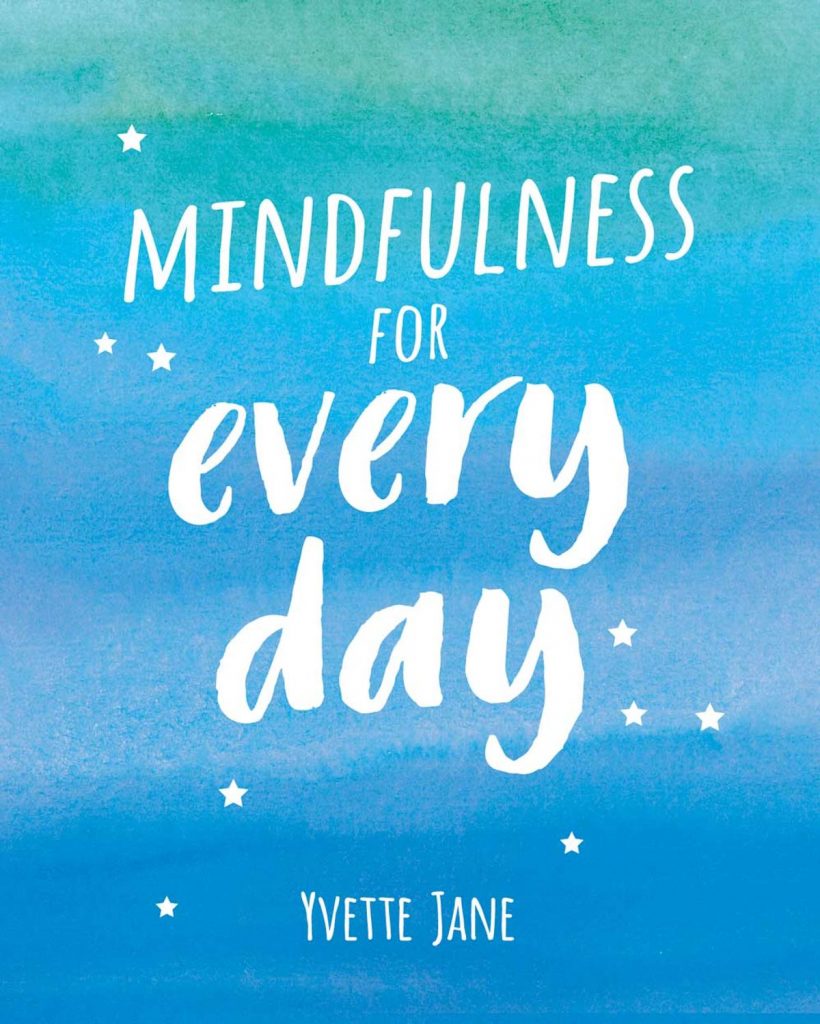
Learning about mental health and self-improvement doesn’t start and end with a book. If anything, a book is merely a vessel of information that gives you the tools to use in everyday life. Putting them to use if your responsibility.
There are various techniques you can implement in your routine to boost your mood and be your better self, but a specific one that has gained prominence in the past decade is mindfulness.
Headspace defines mindfulness as being “the quality of being present and fully engaged with whatever we’re doing at the moment—free from distraction or judgment, and aware of our thoughts and feelings without getting caught up in them.”
Chai encourages all her clients to become attuned with the practice because “mindfulness is an important step to developing self-awareness, which is the first step to self-development.”
Yes, mindfulness can seem boring, overwhelming, or both. So Chai recommends Mindfulness for Everyday by Yvette Jane, a book that breaks down the practice into small steps anyone can try on a daily basis.
Knowing about yourself can speed up any therapeutic processes, and developing this requires looking within. In today’s age, Chai acknowledges how this is increasingly hard: “It is easy to get lost and distracted in today’s hustle and bustle, so it is important to practice being in the present, slow down, and become aware of what is literally close to you, in time and in space.”
We are all so constantly wrapped up by our work, social media, families and social lives that we rarely take adequate time to bring awareness back to ourselves. But if we can develop routine tasks on a day to day basis that help us understand our needs, we are setting ourselves on the right path.
From learning about the various schools of thought under the ‘self-help’ umbrella to implementing little tasks every day, the 4 books above are crash courses to changing your life—as cheesy as it sounds.
They may challenge your beliefs and make you feel uncomfortable, but that is part of the process. We need to get used to feeling those hard emotions if we want to change. But starting shouldn’t be overwhelming either, which is why Chai recommends reading to anyone looking to ease in.
“I enjoy these books because I can gain their insight without having to go through the work or the pain,” she said. Even after years of professional experience, Chai acknowledges that working on yourself can be an intense process. But books offer us a way to approach this journey on our own terms, with our personal interests in mind.
This article is sponsored by Storytel. You can start exploring the world of self development on Storytel, where the following titles are available in audiobook or e-book formats:
- 101 Essays That Will Change The Way You Think by Brianna Wiest
- How to Be Perfectly Unhappy by The Oatmeal
- Kintsugi: Finding Strength in imperfection by Celine Santini.
- Mindfulness for Everyday by Yvette Jane
Or look for other titles on self development from this list curated by Storytel.
For RICE readers, click the banner below for a 30-day free trial.
